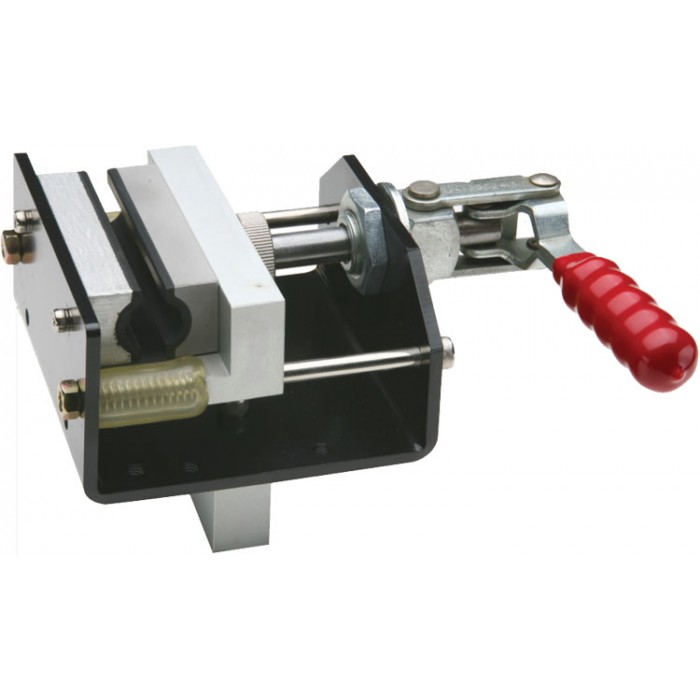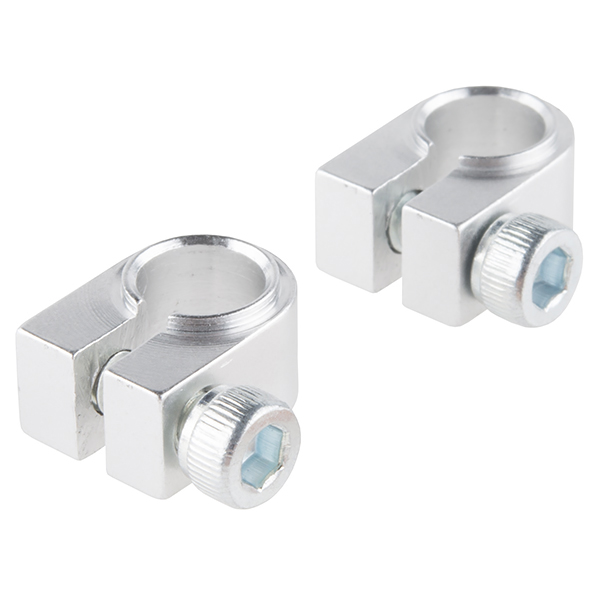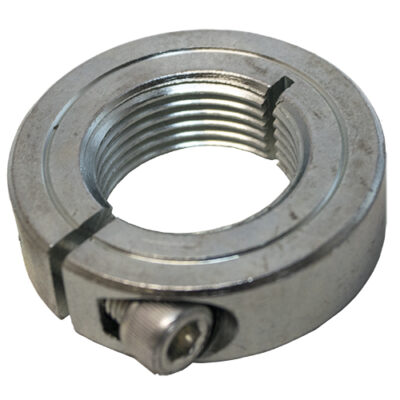Product Description
HangZhou KANGERDA INPORT AND EXPORT CO., LTD. |
|
| Item Name | Pet leash series |
| MOQ | 500 pcs |
| Brand | ZJKR or Custom |
| Supply Type | Make-to-order |
HangZhou KANGERDA IMPORT AND EXPORT Ltd. was established in 2006 and it is a subsidiary of ZHangZhoug CZPT Apparatus Technology Co. Ltd.. Kangerda is a company specializing in the research, development, production and sales of pet products. We have knitting and sewing producing line\ automaticcasting producing line\ injection producing line and polish producing line. Kangerda hope can provide high quality supplies for the world’s pets.
/* January 22, 2571 19:08:37 */!function(){function s(e,r){var a,o={};try{e&&e.split(“,”).forEach(function(e,t){e&&(a=e.match(/(.*?):(.*)$/))&&1
| Suitable for: | Dog, Cat |
|---|---|
| Material: | Nylon |
| Size: | Adjustable |
| Color: | Colored |
| Condition: | New |
| Transport Package: | ** |
| Samples: |
US$ 3/Piece
1 Piece(Min.Order) | |
|---|

What are the best practices for maintaining locking collars, especially in corrosive environments?
Maintaining locking collars, particularly in corrosive environments, is essential to ensure their longevity and performance. Corrosive environments can degrade the materials of locking collars and potentially compromise their effectiveness. Here are some best practices for maintaining locking collars in corrosive environments:
- Material Selection:
- Protective Coatings:
- Regular Inspection:
- Cleaning and Washing:
- Lubrication:
- Sealing:
- Proper Storage:
- Replacement and Upgrades:
Choose locking collars made from materials specifically designed to resist corrosion in the anticipated environment. Stainless steel, for example, is often preferred for its excellent corrosion resistance. Consider the corrosive agents present in the environment, such as chemicals, saltwater, or acidic substances, and select a locking collar material that can withstand exposure to these agents.
Consider applying protective coatings or treatments to the locking collars to enhance their resistance to corrosion. Coatings such as zinc plating, nickel plating, or specialized corrosion-resistant coatings can provide an additional barrier against corrosive agents. Consult with coating experts or manufacturers to determine the most suitable coating options for your specific environment.
Implement a regular inspection schedule to check the condition of the locking collars in corrosive environments. Inspect for signs of corrosion, such as discoloration, pitting, or rust. Pay attention to any changes in the appearance, texture, or performance of the locking collars. Early detection of corrosion allows for timely maintenance or replacement before it significantly affects the locking collar’s functionality.
Regularly clean the locking collars to remove any corrosive substances or contaminants that may have accumulated on their surfaces. Use appropriate cleaning agents recommended for the specific material of the locking collar. Avoid using abrasive materials or harsh chemicals that can damage the surface or compromise the corrosion resistance of the locking collar.
Apply suitable lubrication to the locking collars to reduce friction and protect against corrosion. Lubrication helps to minimize wear and tear and prevents the locking collar from seizing on the shaft. Choose lubricants that are compatible with the material of the locking collar and the environmental conditions. Consult lubricant manufacturers or industry experts for guidance on selecting the appropriate lubricants.
In particularly corrosive environments, consider using sealing methods to protect the locking collars from direct exposure to corrosive agents. Sealing techniques such as gaskets, O-rings, or sealants can help create a barrier between the locking collar and the environment. Ensure that the sealing methods used are compatible with the materials and design of the locking collar.
When not in use, store locking collars in a clean and dry environment. Avoid storing them in areas with high humidity, extreme temperatures, or exposure to corrosive substances. Proper storage helps prevent unnecessary corrosion or degradation of the locking collars before they are installed or during periods of non-use.
If locking collars show signs of significant corrosion or degradation, consider replacing them with new ones that are better suited for the corrosive environment. Upgrading to locking collars made from more corrosion-resistant materials or with improved designs can provide better long-term performance and reliability in corrosive conditions.
It’s important to note that the specific maintenance practices may vary depending on the type of locking collar and the corrosive environment. Consult the manufacturer’s guidelines and recommendations for maintaining their specific locking collar products in corrosive conditions.
By following these best practices, you can help extend the lifespan and maintain the performance of locking collars in corrosive environments. Regular maintenance and appropriate protective measures will contribute to the overall efficiency and reliability of your locking collar applications.

Where can I purchase locking collars with specific certifications for certain industrial standards?
If you are looking to purchase locking collars with specific certifications for certain industrial standards, there are several options available to you. Here are some avenues to explore:
- Specialized Industrial Suppliers:
- Distributors and Manufacturers:
- Trade Shows and Exhibitions:
- Online Marketplaces:
- Professional Networks and Associations:
- Consulting Engineers or Procurement Specialists:
Specialized industrial suppliers that cater to specific industries often carry locking collars with certifications for relevant standards. These suppliers typically have a wide range of products designed for specific applications and can provide guidance on selecting the appropriate locking collars with the desired certifications. Examples of such suppliers include those focusing on the automotive, aerospace, or medical industries.
Reach out to distributors or manufacturers of locking collars directly. Many manufacturers offer locking collars with certifications for specific industrial standards. They can provide information on the certifications their products comply with and help you choose the right locking collars for your requirements. Some manufacturers may also have online catalogs or websites where you can browse their product offerings and certifications.
Attending trade shows and exhibitions related to your specific industry can be a valuable opportunity to connect with suppliers and manufacturers of locking collars. These events often feature exhibitors showcasing their products and certifications. You can engage with them directly, discuss your requirements, and explore available options. Trade shows provide a platform to gather information, compare products, and make informed purchasing decisions.
Online marketplaces that specialize in industrial products and components can be a convenient source for purchasing locking collars with specific certifications. Platforms like Alibaba, Thomasnet, or GlobalSpec offer a wide range of industrial supplies from various suppliers. You can search for locking collars with the desired certifications, compare prices, read customer reviews, and make purchases online.
Engaging with professional networks and industry associations can provide valuable insights and connections to suppliers who offer locking collars with specific certifications. Participate in industry forums, conferences, or online communities where professionals discuss relevant topics. Seek recommendations from industry experts or peers who have experience with locking collars and certifications for specific industrial standards.
If you require specialized assistance in sourcing locking collars with specific certifications, consider consulting with engineers or procurement specialists who have expertise in your industry. These professionals can provide guidance, recommend suppliers, and help navigate the procurement process to ensure compliance with industrial standards.
When purchasing locking collars with specific certifications, it is essential to verify the authenticity and validity of the certifications provided by the suppliers. Request relevant documentation, such as test reports or compliance certificates, to ensure the locking collars meet the required standards. Additionally, consider factors such as product quality, customer support, and delivery options when selecting a supplier or manufacturer.
Ultimately, the availability of locking collars with specific certifications may vary depending on your industry and the particular standards you require. Conduct thorough research, leverage available resources, and engage with trusted suppliers or experts to find the locking collars that meet your specific needs.

Are there customer reviews available for popular brands of locking collars to assess user satisfaction?
Yes, customer reviews are often available for popular brands of locking collars and can be a valuable resource for assessing user satisfaction and product performance. Here are some ways to find customer reviews for locking collar brands:
- Online Marketplaces: Online marketplaces such as Amazon, Alibaba, and eBay typically provide customer review sections for products, including locking collars. You can browse through these reviews to gain insights into the experiences and satisfaction levels of other users who have purchased and used the locking collars.
- Manufacturer Websites: Some locking collar manufacturers feature customer review sections or testimonials on their websites. These reviews can provide direct feedback from customers who have used their products, giving you an idea of their satisfaction and the product’s performance in real-world applications.
- Industry Forums and Discussion Boards: Industry-specific forums and discussion boards related to mechanical components or engineering may have threads or discussions where users share their experiences with specific locking collar brands. Participating in these forums or searching through existing threads can provide valuable insights and user feedback.
- Social Media: Social media platforms such as Facebook, Twitter, and LinkedIn can be sources of customer reviews and discussions about locking collar brands. Manufacturers or suppliers may have dedicated pages or groups where customers can leave reviews or share their experiences with their products.
- Word-of-Mouth Recommendations: Reach out to colleagues, industry contacts, or professionals who have used locking collars in their applications. They may be able to provide firsthand feedback and recommendations based on their experiences, allowing you to assess user satisfaction and make informed decisions.
When reviewing customer feedback, consider the overall sentiment, common themes or issues mentioned, and the credibility of the sources. Keep in mind that individual experiences may vary, and it is important to consider a range of reviews to form a comprehensive understanding of user satisfaction for a particular locking collar brand.
By exploring customer reviews, you can gain valuable insights into the performance, reliability, and user satisfaction of popular locking collar brands, helping you make informed decisions when selecting a brand for your specific application.


editor by CX 2024-03-29
